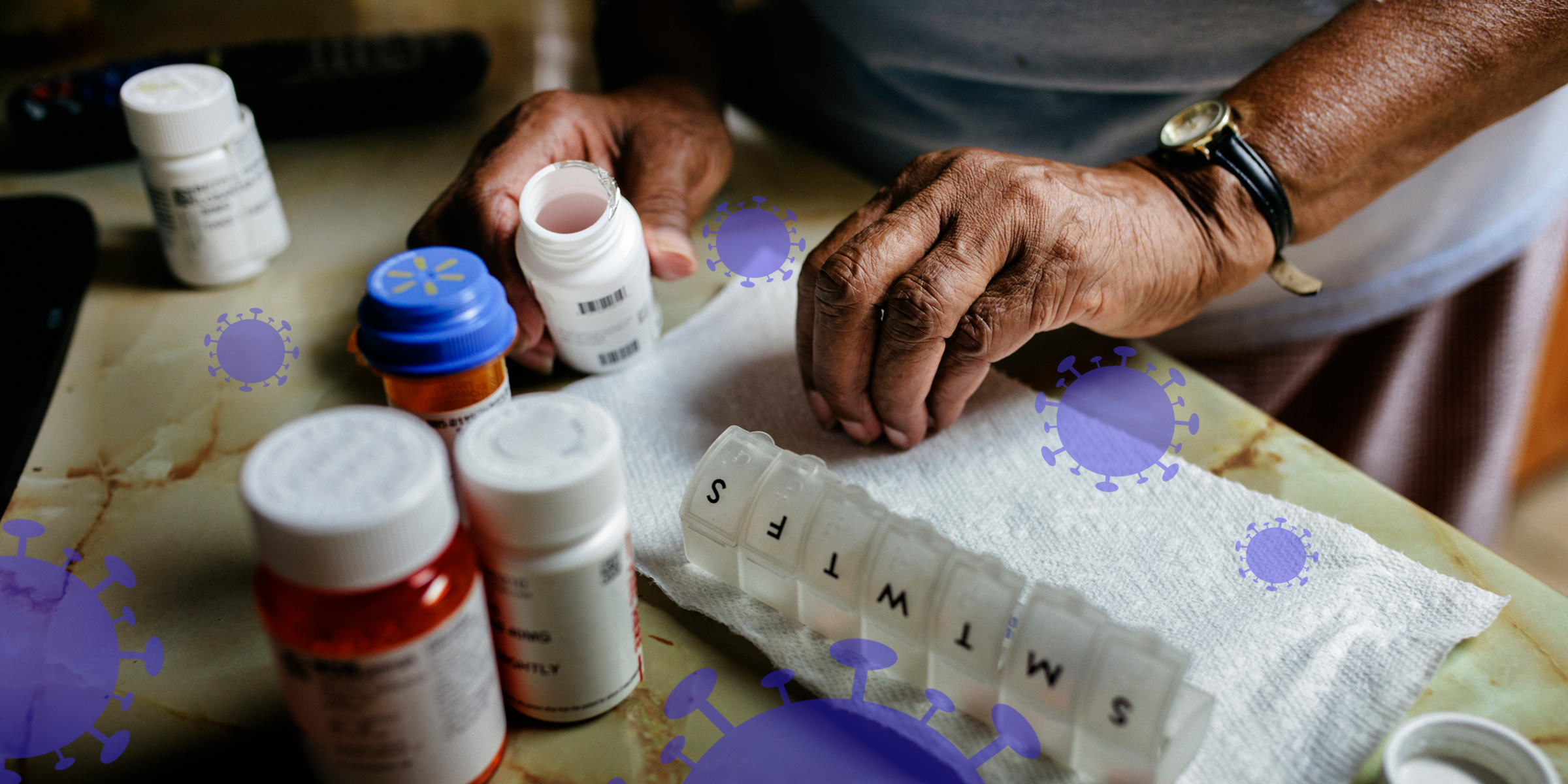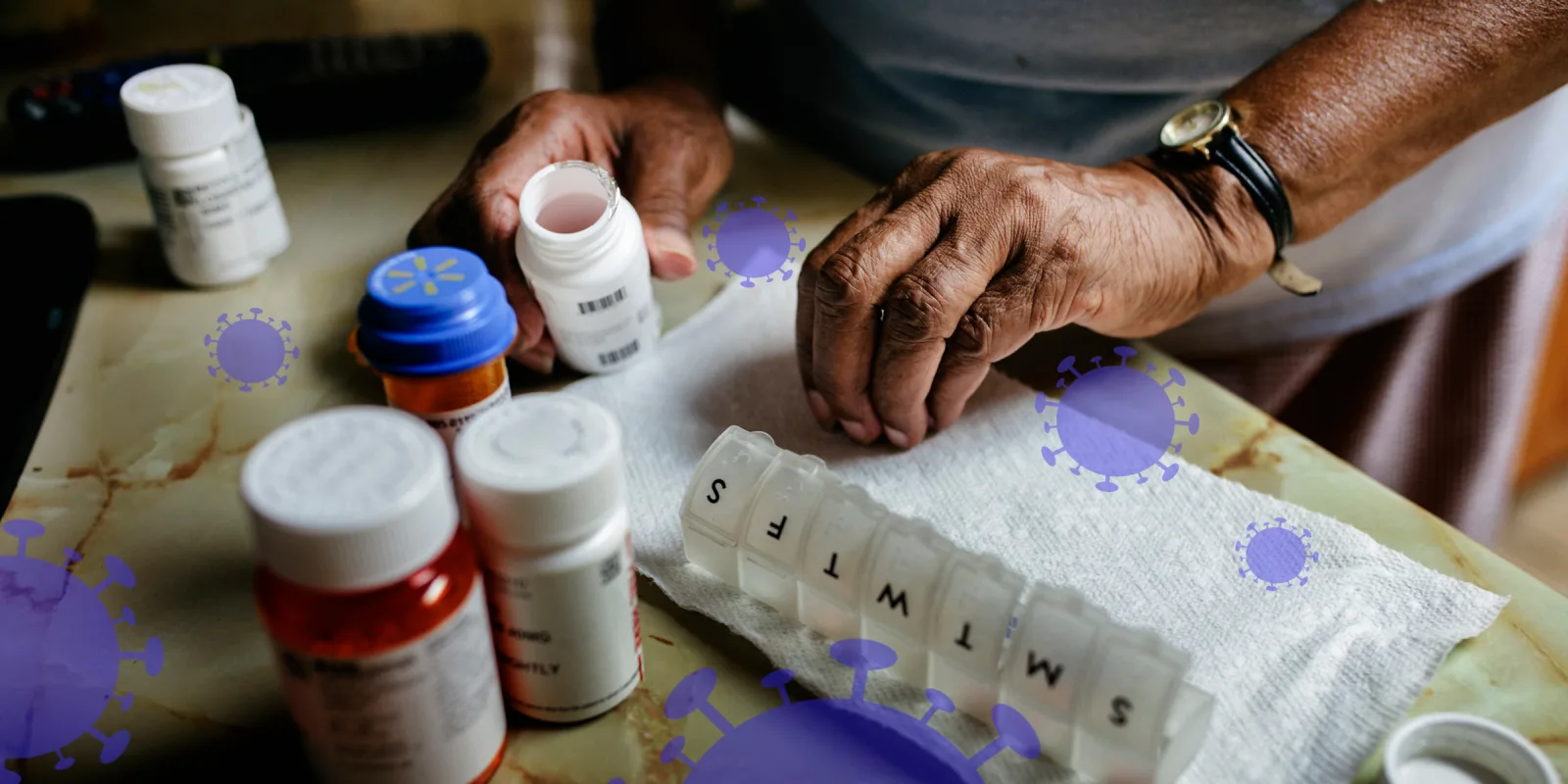
There was a pandemic of poverty and racism long before this pandemic of COVID-19. At a virtual town hall series hosted by the National Association for the Advancement of Colored People (NAACP) and Black Entertainment Television (BET), New Orleans-based actor, Wendell Pierce, noted how the lack of resources and health. care access for working people of color has created a glaring inequity made of poverty and racism. This systemic health inequity resulted in a panel speaking on the issue on April 28, 2020.
As I listened to politicians, like Minnesota Senator, Amy Klobuchar, talk about the burden of having racial data for only 26 states, my fuel to fight through this medical crisis was ignited even more. It was inspiring to hear other front-line workers, like New York Governor, Andrew Cuomo, discuss the racial disparities associated with COVID-19 as a chronic injustice. “There is an opportunity to change and to grow if we seize it.” Cuomo recognized the role of the NAACP as an organization that has fought for social, racial, economic, and health. care justice since being founded in 1909, and its role is now just as crucial.
On the virtual town hall, we traveled south to Atlanta, Georgia, where Mayor Keisha Lance Bottoms spoke on the governor of her state reopening businesses amid COVID-19 concerns over the state's morbidity and mortality trends. She doesn’t have the authority to supersede the governor but will continue to use her voice to encourage citizens of Atlanta to say home. Leaders like Mayor Bottoms protect those who don’t have the savings to prevent them from going to work, or the immune system to defend themselves. There are also a number of resources in place, able to be viewed on Atlanta Downtown website to offer financial assistance to small business, like The Giving Kitchen grant for food service workers and Relief Atlanta for small business during quarantine. Actions like these alleviate the health and economic challenges due to COVID-19.
African Americans are getting this virus and dying from it at higher rates than other communities, according to a recent JAMA study. In cities throughout the country where data has been reported, the number of African Americans that make up a city are being outweighed by the percentage impacted. Every politician on the NAACP/BET virtual town hall touched on this fact in some form or another, stating facts like black residents making up 32.2% of Louisiana’s population but 70.5% of deaths from COVID-19 (JAMA). We must recognize the origin and repercussions of social determinants of health that make this a reality.
Factors like low socioeconomic status, implicit bias, the ability to participate in social distancing, and privilege all create a lack of opportunity and access to health care. According to the CDC, minority populations are more likely to live in higher density locations where social distancing is more difficult as a result of historical underpinnings like housing segregation. Other conditions that the CDC recognizes as true for minority communities include being further from grocery stores to have access to resources while sheltering in place, living in multigenerational households, and being overrepresented in prison and detention centers. These already existing conditions are exacerbated when vulnerable populations don’t always have access to resources like insurance, in which Hispanics are nearly three times more likely to be uninsured and African Americans nearing twice as likely.
This is a public health emergency, and communities have the power to take care of their members. Here in San Francisco, community partners, like Collective Impact, Hope SF, and San Francisco Street Violence Prevention Program worked with city leaders and police — hosting several “Community Resilience Caravans” to encourage neighbors to stay home and distribute masks and gloves, showing that change at all levels is possible when we unify. The economic and legislative powers of mayors and governors should be used to alleviate the burdens that can be associated with health and economic disparities.
To fight health disparities, more underrepresented students in medicine must be supported in the journey to change their community. Acknowledging organizations that do this like the National Medical Fellowship (NMF), a nonprofit organization that supports health care trainees of color, is crucial. In addition to comorbidities, there must be an understanding of the conditions in American that contribute to this reality, like in what locations and in what ways African Americans are living in this country – and how history and systemic racism impacts this.
Sticking and staying together is important and supporting organizations, like the NAACP and NMF, is important now more than ever.
Denise Powell is a resident in UCSF's pediatric residency and an eighth-generation Mississippian. Denise is a Doximity 2019-2020 Fellow.
Click here to see more perspectives on COVID-19 from the Doximity network.
Click here for up-to-date news about COVID-19 on Doximity.







